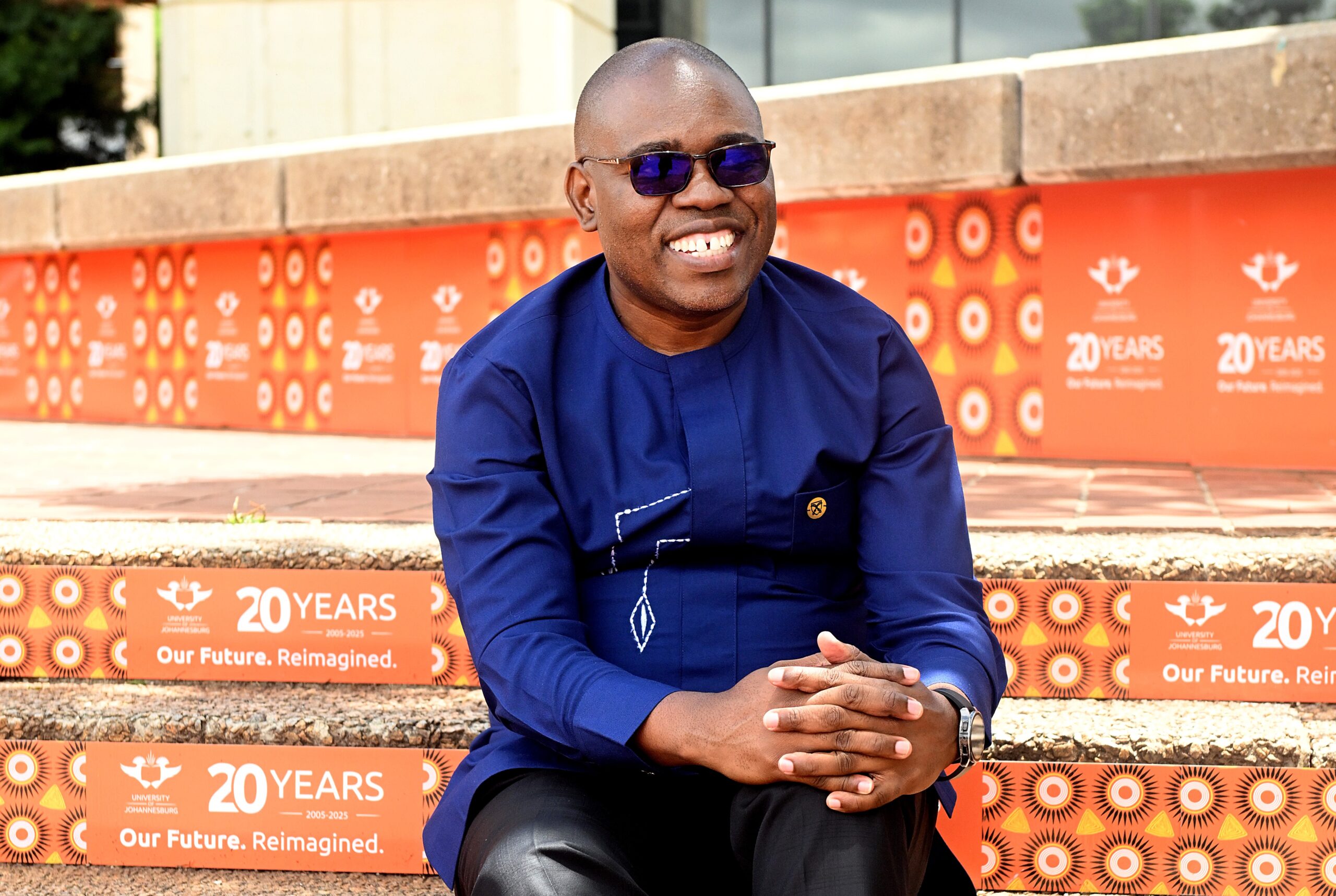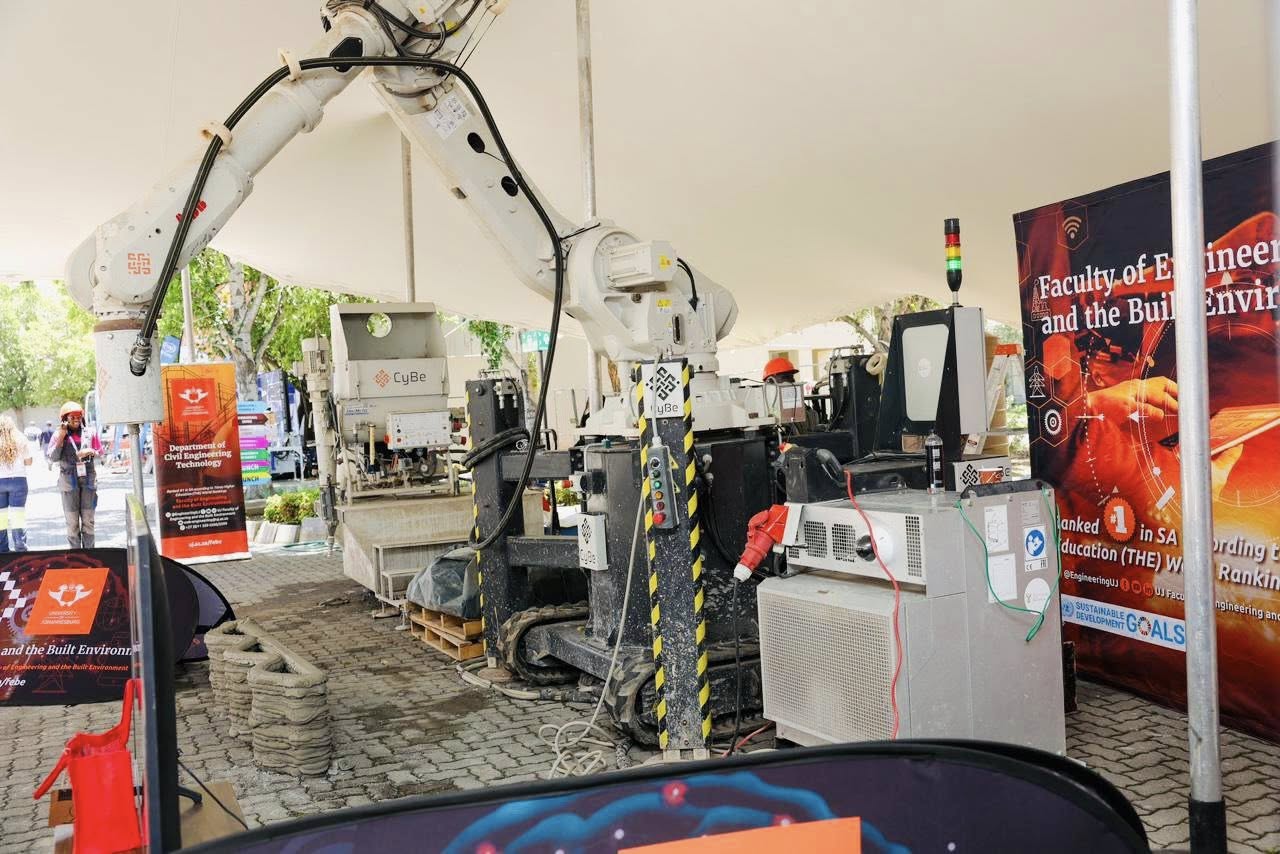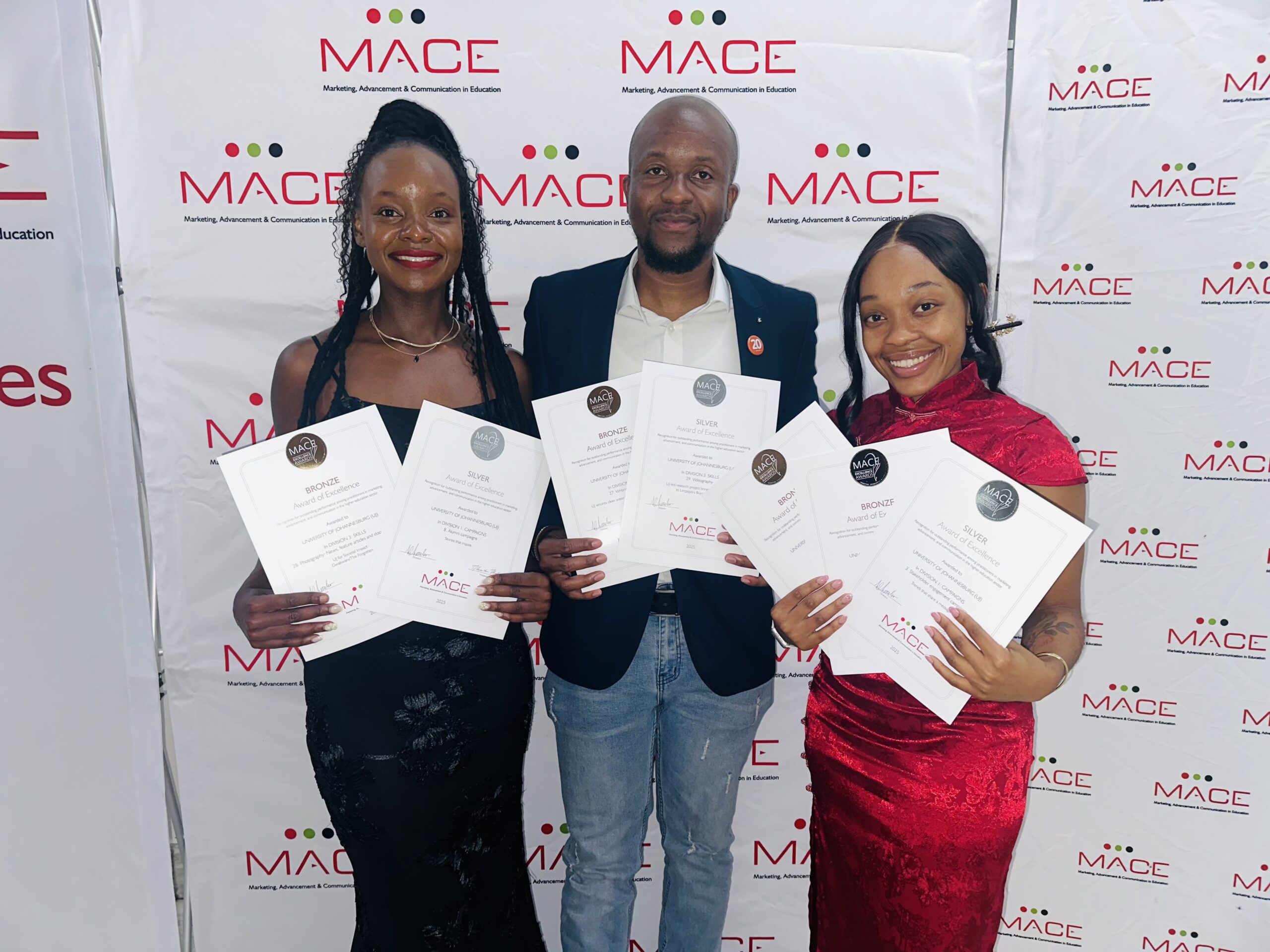The University of Johannesburg’s Laser Research Centre (LRC), housed within the Faculty of Health Sciences, hosted the International Symposium on Advances in Photodynamic Therapy and Photobiomodulation on 19–20 August 2025.
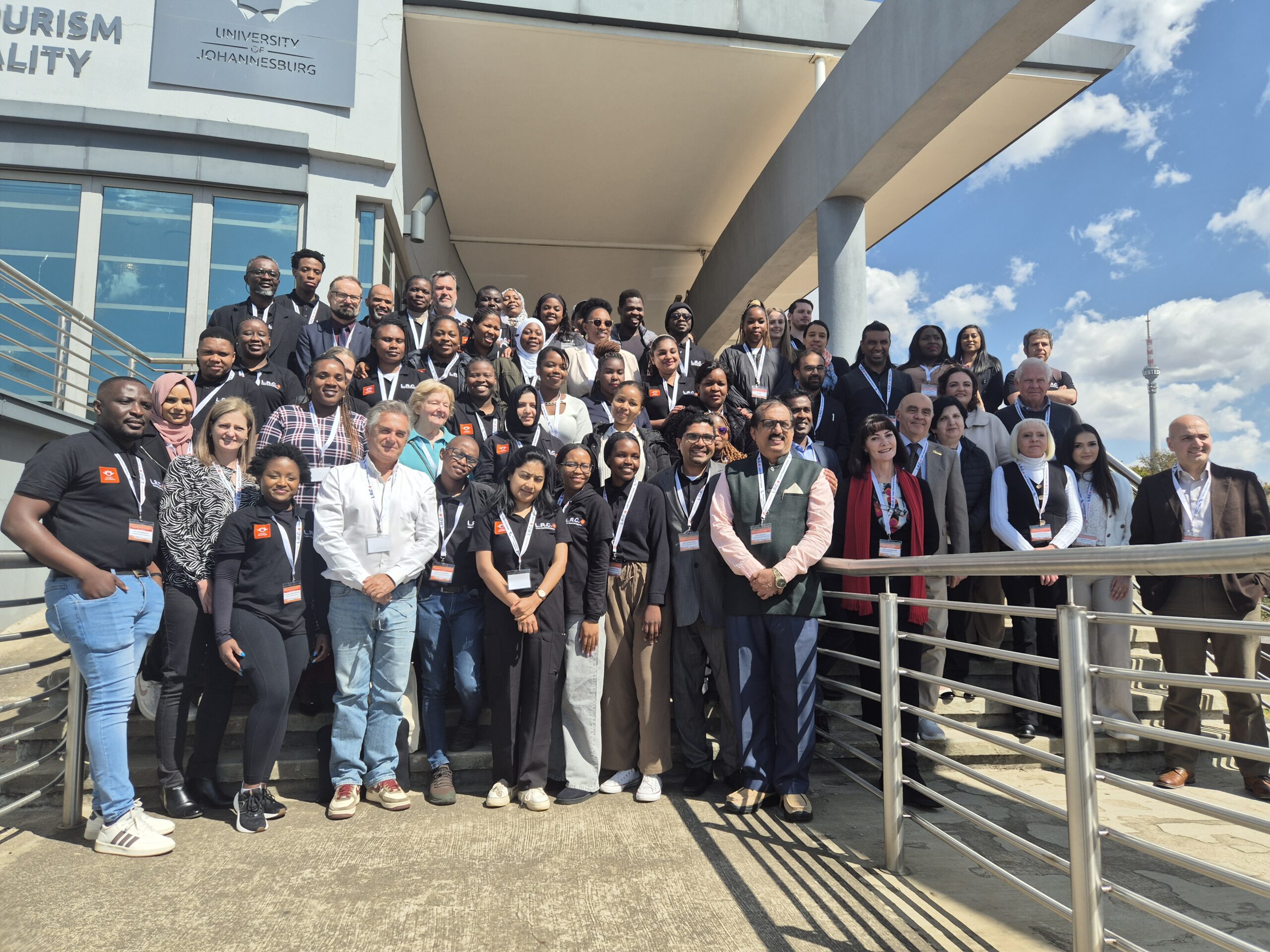
The two-day event brought together international experts, clinicians, and industry leaders to explore developments in biophotonics and drug development, bridging the gap between laboratory discoveries and clinical application.
Biophotonics – the science of using light to study and influence biological systems – was central to the discussions. Faculty Dean Prof Annie Temane encouraged students to engage with the speakers to expand research networks, while Prof Refilwe Phaswana-Mafuya, Deputy Vice-Chancellor: Research and Innovation, emphasised the importance of nurturing young scientists:
“The future of science depends on the development of young scientists. If we do not invest in them, we run the risk of not taking the knowledge enterprise forward.”
The LRC has a proven track record of producing high-impact researchers, and several PhD graduates from earlier this year exemplify the Centre’s contribution to cutting-edge science.
Graduates driving biomedical innovation
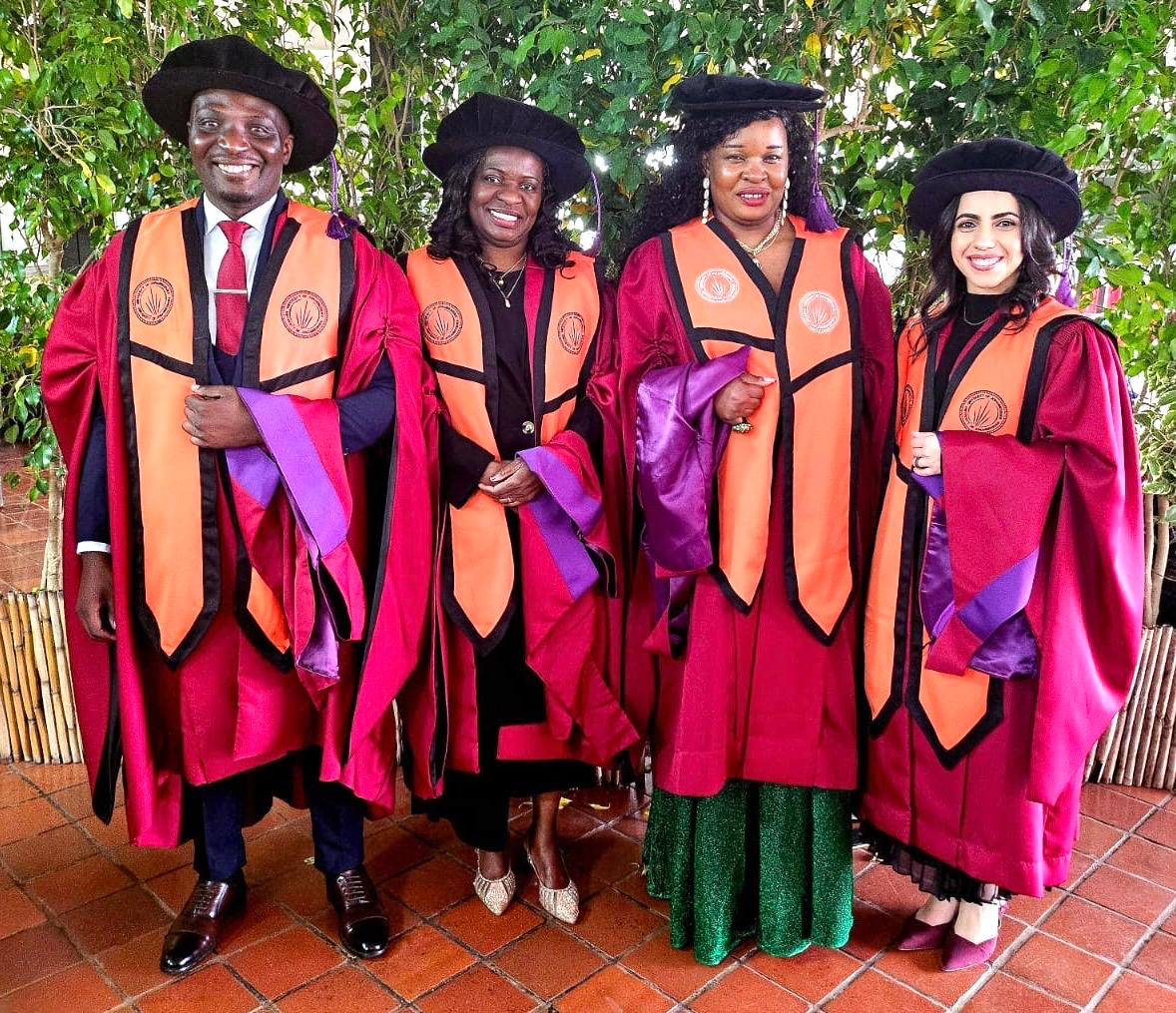
- Daniella Da Silva completed her PhD in Health Sciences (Biomedical Sciences) with a project titled “Bioengineering Bone Tissue from Differentiated Adipose-derived Mesenchymal Stem Cells using 3D Cell Culture and Photobiomodulation.” Her work introduced a novel approach to enhancing bone tissue engineering and regenerative medicine, resulting in five internationally accredited journal publications and multiple awards at local and international conferences.
- Alexander Chota earned his PhD in Health Sciences (Biomedical Sciences) after developing a biocompatible nanoparticle drug delivery platform for anticancer therapies. His research has been published in eight international journals, two conference proceedings, and a book chapter, earning him ten awards, including best oral presentation accolades.
- Glory Kah completed her PhD on “Photodynamic therapy of lung cancer and lung cancer stem cells using a plant-based photosensitiser and silver nanoparticle conjugates.” Her work proposes a novel therapeutic technique to improve the anticancer potential of light-activated drugs, and she has published seven articles in peer-reviewed journals.
- Meesha Purbhoo-Makan investigated the effects of blue laser light on bacteria affecting diabetic wounds, highlighting potential alternative treatments to reduce the severity of diabetic foot infections.
- Patricia Kasowanjete explored how near-infrared photobiomodulation (830 nm) affects cell signalling pathways in diabetic wound models, providing insights that could inform new therapeutic approaches for one of South Africa’s major non-communicable diseases.
Bridging research and clinical impact
LRC Director Prof Heidi Abrahamse stressed that the Centre’s work is about translating laboratory discoveries into meaningful clinical outcomes:
“As scientists we often find ourselves distanced from the personal realities of patients that are suffering, a reality clinicians confront every day. Our shared goal is to develop therapeutic strategies that eliminate disease and improve quality of life.”
With over 20 research topics presented by 21 international speakers, the symposium highlighted the global relevance of biophotonics research while underscoring the LRC’s role in producing world-class graduates and advancing health innovation.

